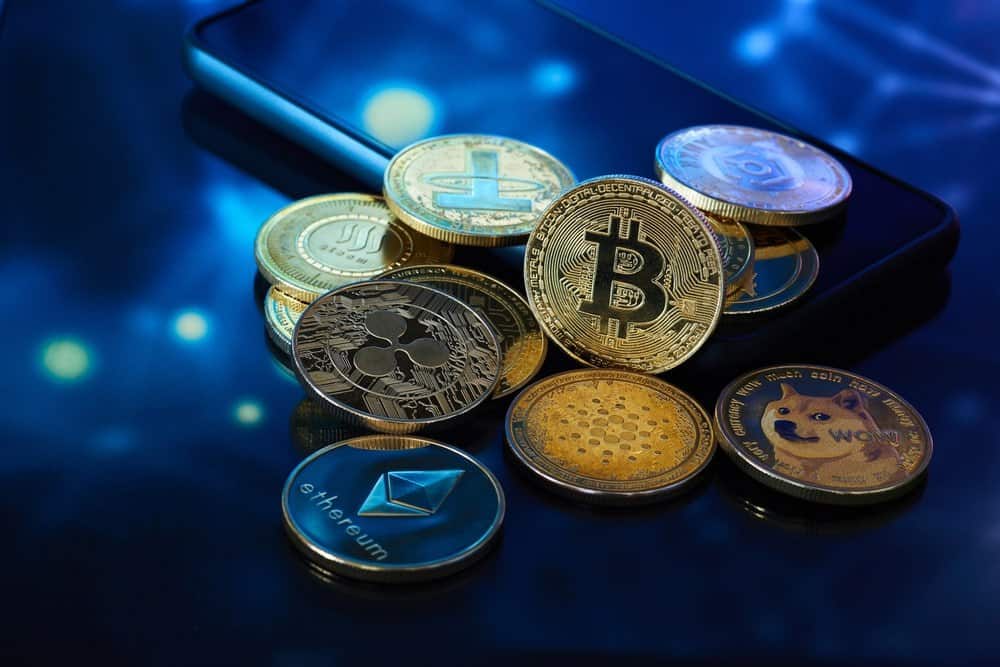In the fast-paced world of finance, innovation is the key driver of change. One such groundbreaking development that has been reshaping the investment landscape is the advent of token development. As traditional investment models transform, it's essential to delve into the profound impact that token development is having on these established frameworks.
Understanding Tokens and Token Development
Before we explore the influence of token development on traditional investment models, let's first establish a clear understanding of what tokens are and the process of token development. In the realm of blockchain technology, tokens are digital assets that represent ownership of a particular asset or utility within a network. These tokens are created through a process known as token development, typically facilitated by smart contracts on blockchain platforms such as Ethereum.
Tokenization and Liquidity
One of the most significant ways in which token development is disrupting traditional investment models is through the process of tokenization. Tokenization involves converting real-world assets, such as real estate or art, into digital tokens. This process enhances liquidity by allowing fractional ownership, enabling a broader range of investors to participate in markets that were previously inaccessible.
Traditionally, illiquid assets posed a challenge for investors, as selling or buying these assets could be a time-consuming and complicated process. Tokenization addresses this challenge by breaking down assets into smaller, more manageable units, making them easily tradable on digital platforms. This increased liquidity not only benefits individual investors but also introduces new possibilities for diversification within investment portfolios.
Decentralization and Democratization of Investment
Token development has paved the way for decentralized finance (DeFi), a paradigm shift from traditional centralized financial systems. Through the use of blockchain and smart contracts, decentralized platforms enable peer-to-peer transactions without the need for intermediaries like banks. This decentralization democratizes investment opportunities, as it removes barriers and provides access to financial services for individuals who were previously excluded.
Smart Contracts and Automated Governance
Smart contracts, integral to token development, are self-executing contracts with the terms of the agreement directly written into code. These contracts automate various processes, eliminating the need for intermediaries and reducing the risk of fraud. In the context of investment, smart contracts can automate governance processes, such as voting on investment decisions or distributing dividends.
This automated and transparent approach to governance enhances efficiency and trust within investment ecosystems. Investors can be assured that the rules coded into smart contracts will be executed without the need for manual intervention, reducing the potential for disputes and ensuring a more secure and streamlined investment process.
Challenges and Regulatory Considerations
While the benefits of token development in reshaping traditional investment models are evident, it's crucial to acknowledge the challenges and regulatory considerations associated with this transformative technology. Regulatory bodies are still catching up with the rapid pace of innovation in the blockchain space, leading to uncertainties and evolving legal frameworks.
Security and fraud risks also pose concerns, as the decentralized nature of blockchain networks can attract malicious actors. Investors and developers alike must navigate these challenges collaboratively to establish a secure and sustainable ecosystem for tokenized assets.
Conclusion
Token development is undeniably altering the landscape of traditional investment models. The introduction of tokenization, decentralization, and automated governance is fostering a more inclusive and efficient financial ecosystem. As the technology continues to mature, addressing regulatory challenges and ensuring security will be imperative for the widespread adoption of tokenized assets. The synergy between traditional and tokenized investment models may very well define the future of finance, where innovation and adaptability become the cornerstones of successful investment strategies.


No comments yet